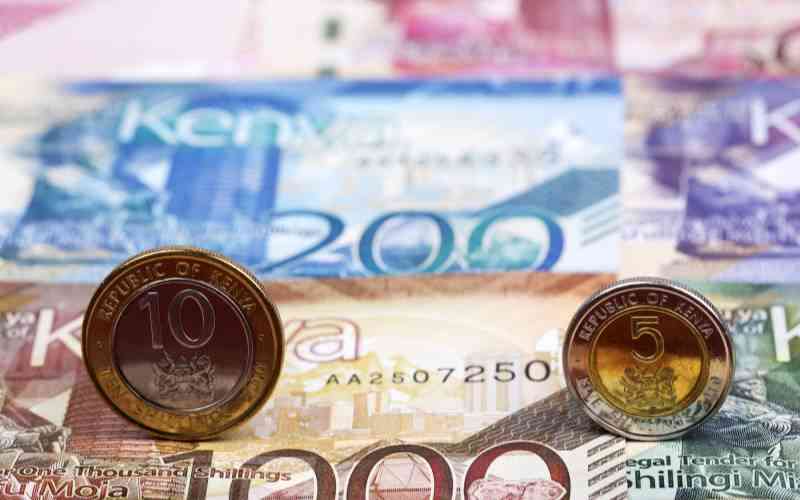
Audio By Vocalize

If you are a frequent traveller or involved in international trade, the depreciation of the Kenyan shilling carries significant implications. To understand this economic phenomenon, let's delve into mathematics - a subject often remembered by many for its complexity and perhaps a teacher whose lessons failed to illuminate its future relevance. Do you recall their nickname?
Imagine a scenario where the shilling weakens from $1 to Sh100 to 150 shillings. This shift has tangible consequences; for instance, an air ticket priced at $1000 now costs $1500 - a 50 per cent increase in a short period. The question arises: which business can effortlessly boost its profits by 50 per cent in such a short time?